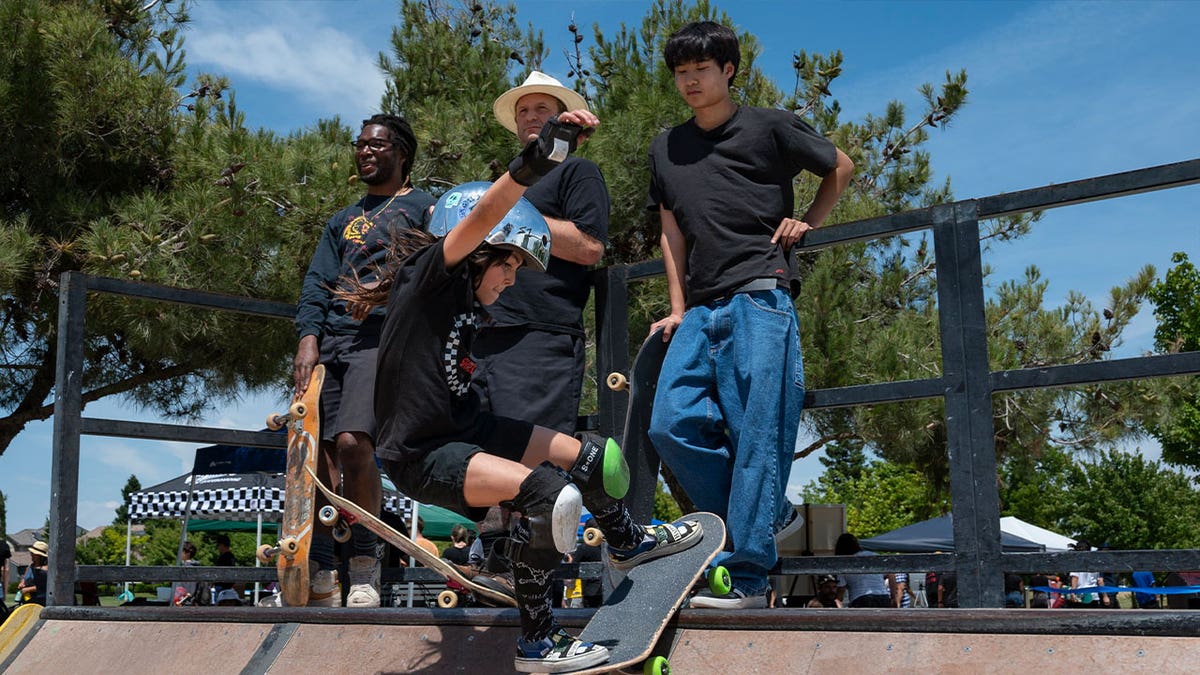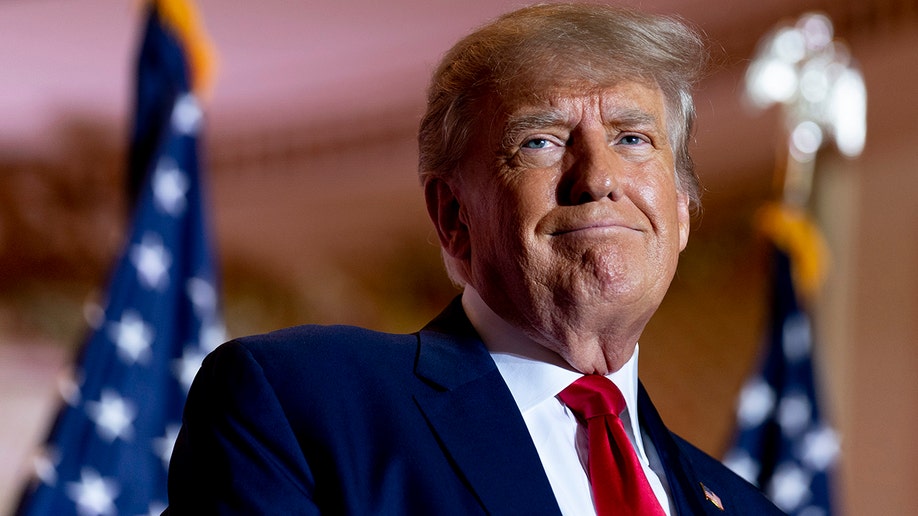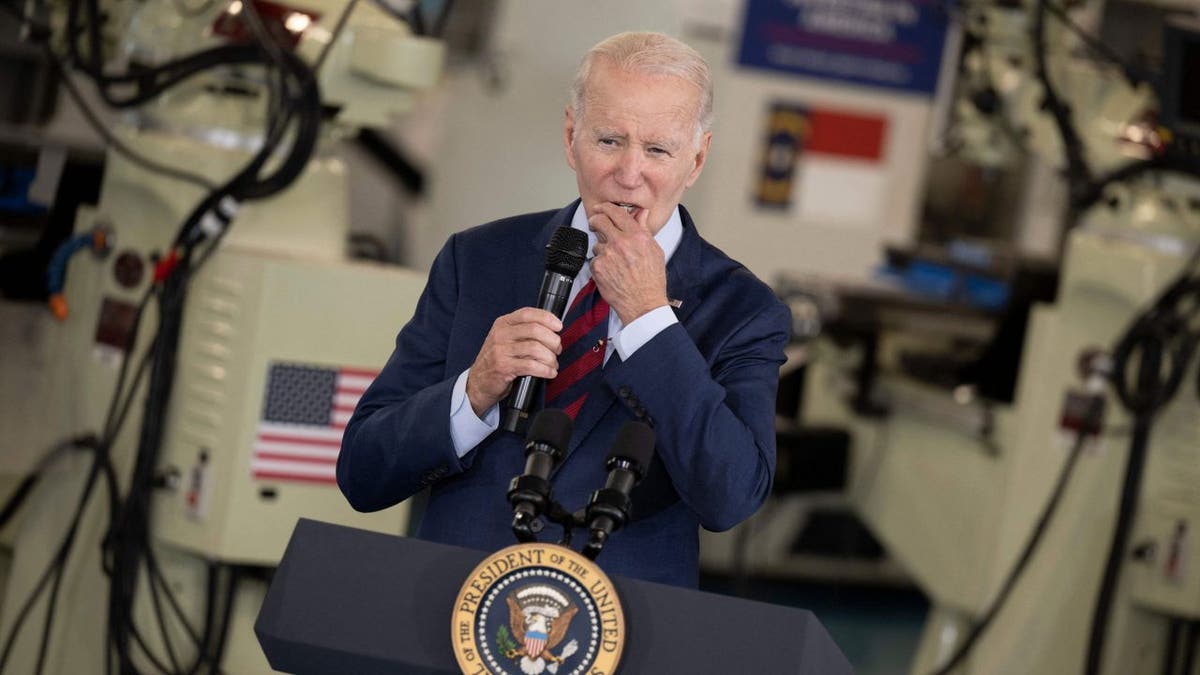Former domestic terrorist Ted Kaczynski, widely known as the "Unabomber," died in his prison cell on Saturday morning. Prison officials discovered Kaczynski unresponsive in his cell at the federal prison medical center in Butner, North Carolina, around 8 a.m. While the cause of death remains undetermined, his passing marks the end of a dark chapter in American history.
Kaczynski had been transferred to the North Carolina facility in 2021 after spending two decades at the Supermax prison in Florence, Colorado. His incarceration stemmed from a string of bombings targeting scientists between 1978 and 1995, resulting in three fatalities and 23 injuries. He was serving a life sentence without parole.
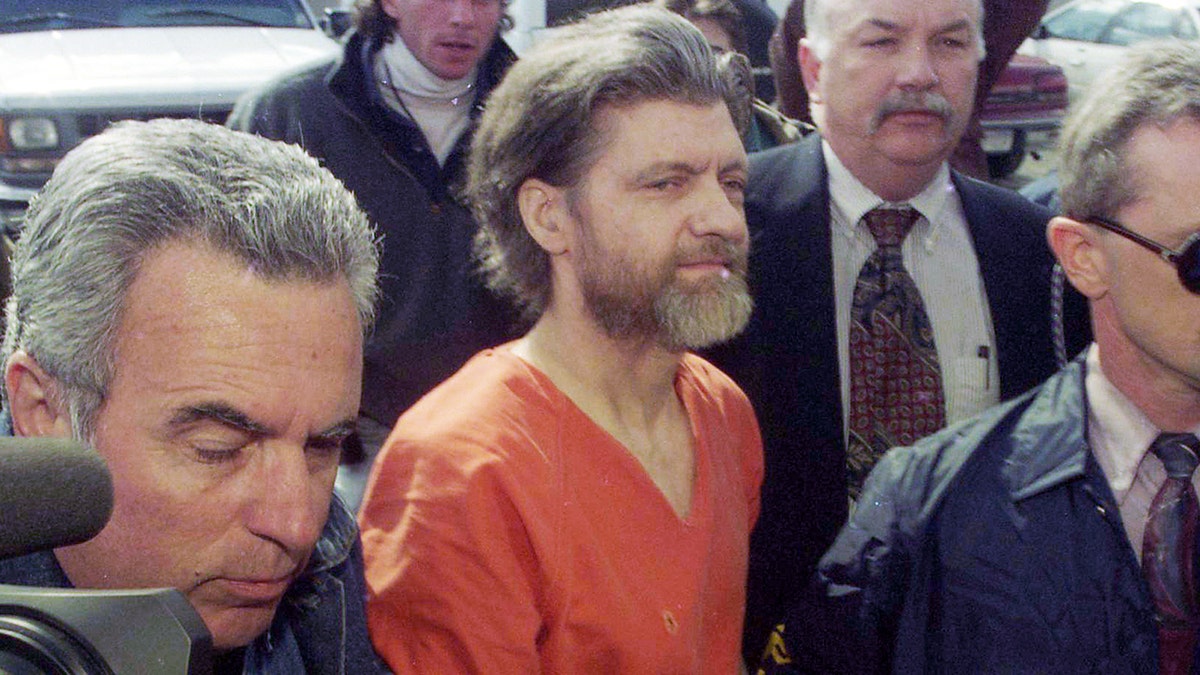
A Harvard-educated mathematician, Kaczynski's reign of terror involved mailing intricate bombs to individuals he deemed responsible for technological advancement and the destruction of nature. His attacks significantly altered air travel and mail delivery procedures in the United States. One notable incident involved a threat to detonate a bomb on a Los Angeles flight, which he later dismissed as a "prank." The FBI's moniker "Unabomber" originated from his initial focus on universities and airlines.
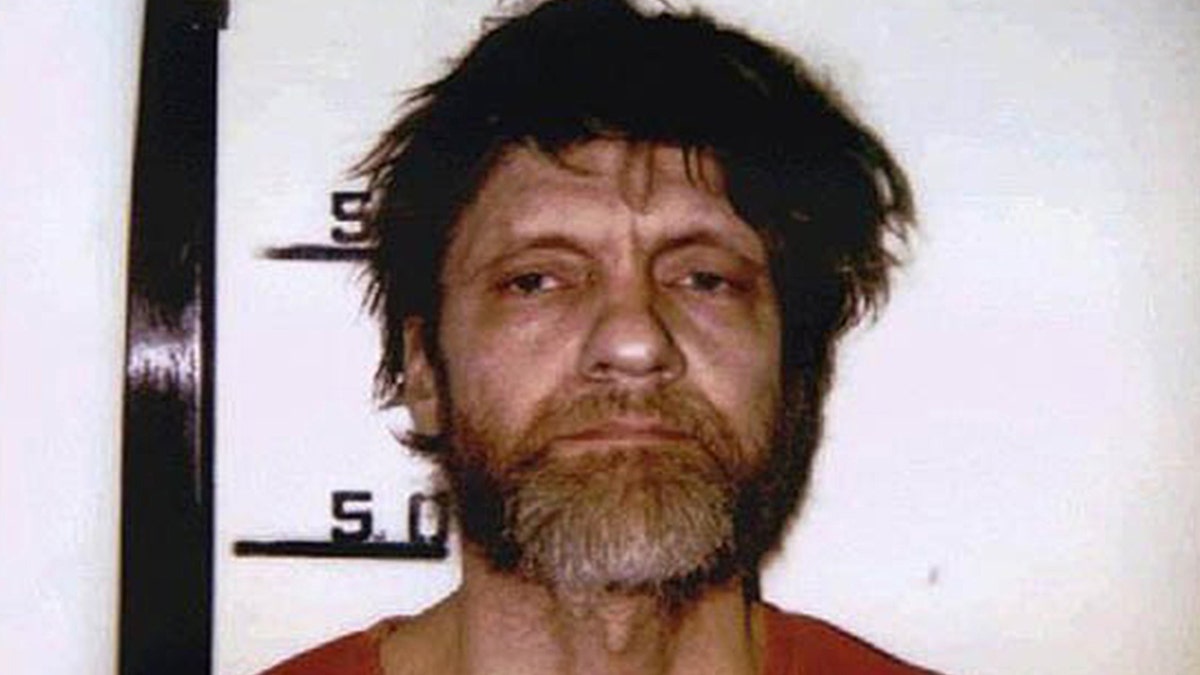
The 17-year manhunt for Kaczynski was the longest and most expensive in U.S. history, culminating in his 1996 arrest at a remote cabin in Montana. His infamous 35,000-word manifesto, "Industrial Society and Its Future," outlined his anti-technology philosophy. The Washington Post published the manifesto at the urging of then-Attorney General Janet Reno, hoping someone would recognize the author. Kaczynski's brother and sister-in-law ultimately identified his writing style and alerted authorities.
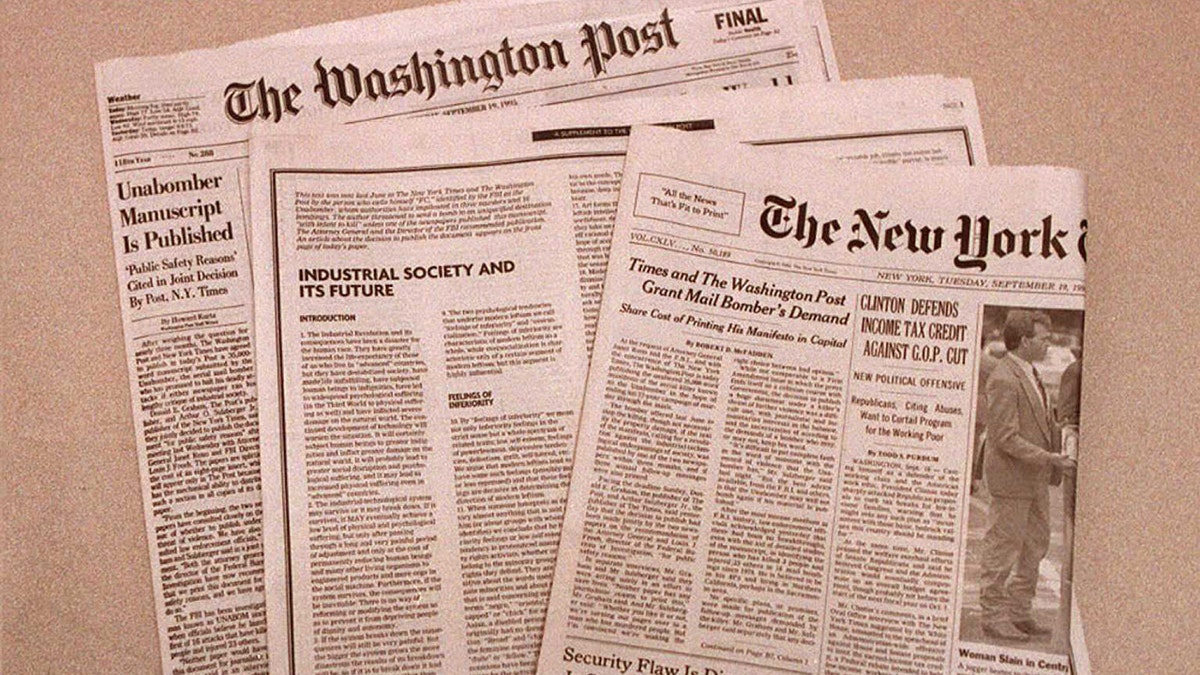
Upon his arrest, authorities discovered completed bombs, explosive materials, journals, and a coded diary. Kaczynski resisted the notion of being labeled mentally ill and attempted to dismiss his lawyers when they planned an insanity defense. He ultimately entered a guilty plea to avoid this defense strategy. Journals released during the trial revealed he viewed his actions as "personal revenge."



